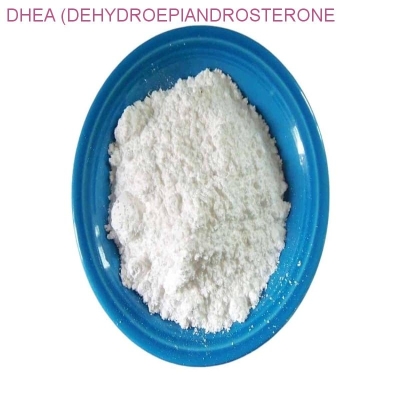-
Categories
-
Pharmaceutical Intermediates
-
Active Pharmaceutical Ingredients
-
Food Additives
- Industrial Coatings
- Agrochemicals
- Dyes and Pigments
- Surfactant
- Flavors and Fragrances
- Chemical Reagents
- Catalyst and Auxiliary
- Natural Products
- Inorganic Chemistry
-
Organic Chemistry
-
Biochemical Engineering
- Analytical Chemistry
-
Cosmetic Ingredient
- Water Treatment Chemical
-
Pharmaceutical Intermediates
Promotion
ECHEMI Mall
Wholesale
Weekly Price
Exhibition
News
-
Trade Service
4-Amino-3(2H)-pyridazinone, also known as APMO, is a compound with a wide range of applications in the chemical industry.
This organic compound is synthesized from various precursors, including toluene, ammonia, and hydrogen peroxide.
APMO is a colorless liquid with a characteristic pungent odor, and it is highly soluble in water and many organic solvents.
The compound has gained significant interest in recent years due to its unique properties, which make it suitable for use in various applications in the chemical industry.
One of the most common applications of APMO in the chemical industry is as a catalyst for the polymerization of various monomers.
The compound is an efficient initiator for the free-radical polymerization of a wide range of monomers, including styrene, methyl methacrylate, and butadiene.
The use of APMO as a catalyst results in the formation of polymers with high molecular weight and good thermal stability.
The polymers synthesized using APMO as a catalyst are widely used in the production of plastics, adhesives, and coatings.
APMO is also used as a redox initiator in the polymerization of unsaturated polyesters.
Unsaturated polyesters are a type of polymer that is widely used in the production of fiberglass reinforcements, membranes, and coatings.
The use of APMO as a redox initiator results in the formation of a polymer with high molecular weight and good mechanical properties.
Another application of APMO in the chemical industry is in the production of dyes and pigments.
The compound is used as a catalyst for the oxidative coupling of aromatic amines, which results in the formation of a wide range of azo dyes and pigments.
The azo dyes and pigments synthesized using APMO are widely used in the textile industry, where they are used to color fabrics and yarns.
The compound is also used in the production of other types of dyes and pigments, including diazo dyes and triarylmethane dyes.
APMO is also used as a catalyst in the production of other chemicals, such as resins, lacquers, and varnishes.
The compound is used in the free-radical polymerization of monomers such as methyl methacrylate and styrene, resulting in the formation of resins and lacquers with good mechanical properties.
The compound is also used in the production of varnishes, which are used to protect and decorate various materials, including wood, metal, and plastic.
APMO is also used in the production of other types of chemicals, such as drugs, fragrances, and flavors.
The compound is used as a precursor for the synthesis of various drugs, such as antibiotics and anti-inflammatory drugs.
It is also used in the production of fragrances and flavors, where it is used as a raw material for the synthesis of various aroma compounds.
In addition to its applications in the chemical industry, APMO has also found use in other fields, such as biotechnology and pharmaceuticals.
It is used as a redox catalyst in various biochemical reactions, including the oxidation of NADH and the reduction of oxygen.
The compound is also used as a catalyst in the synthesis of various peptides and proteins, which are used in the production of biological drugs.
Overall, 4-amino-3(2H)-pyridazinone is a versatile compound with a wide range of applications in the chemical industry, including as a catalyst for polymerization, as a redox initiator in unsaturated polyester







